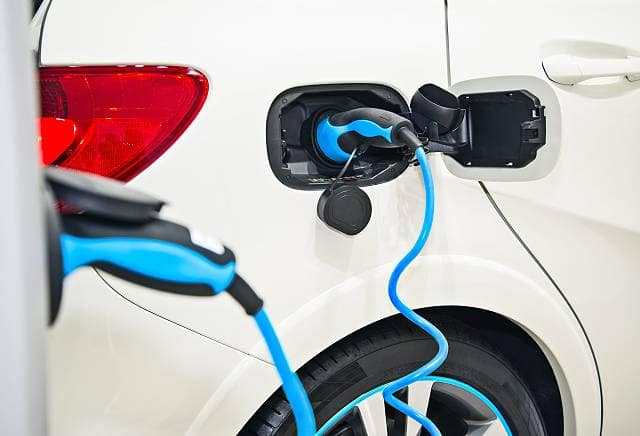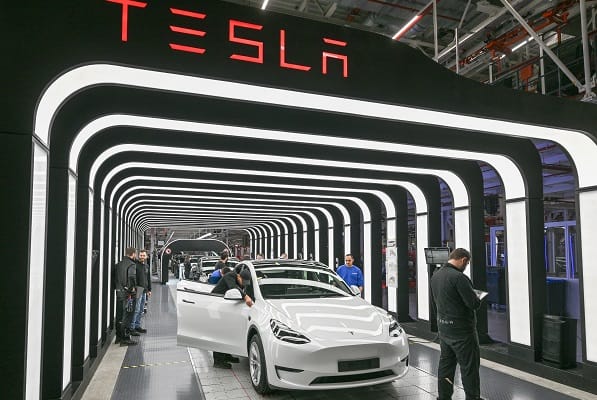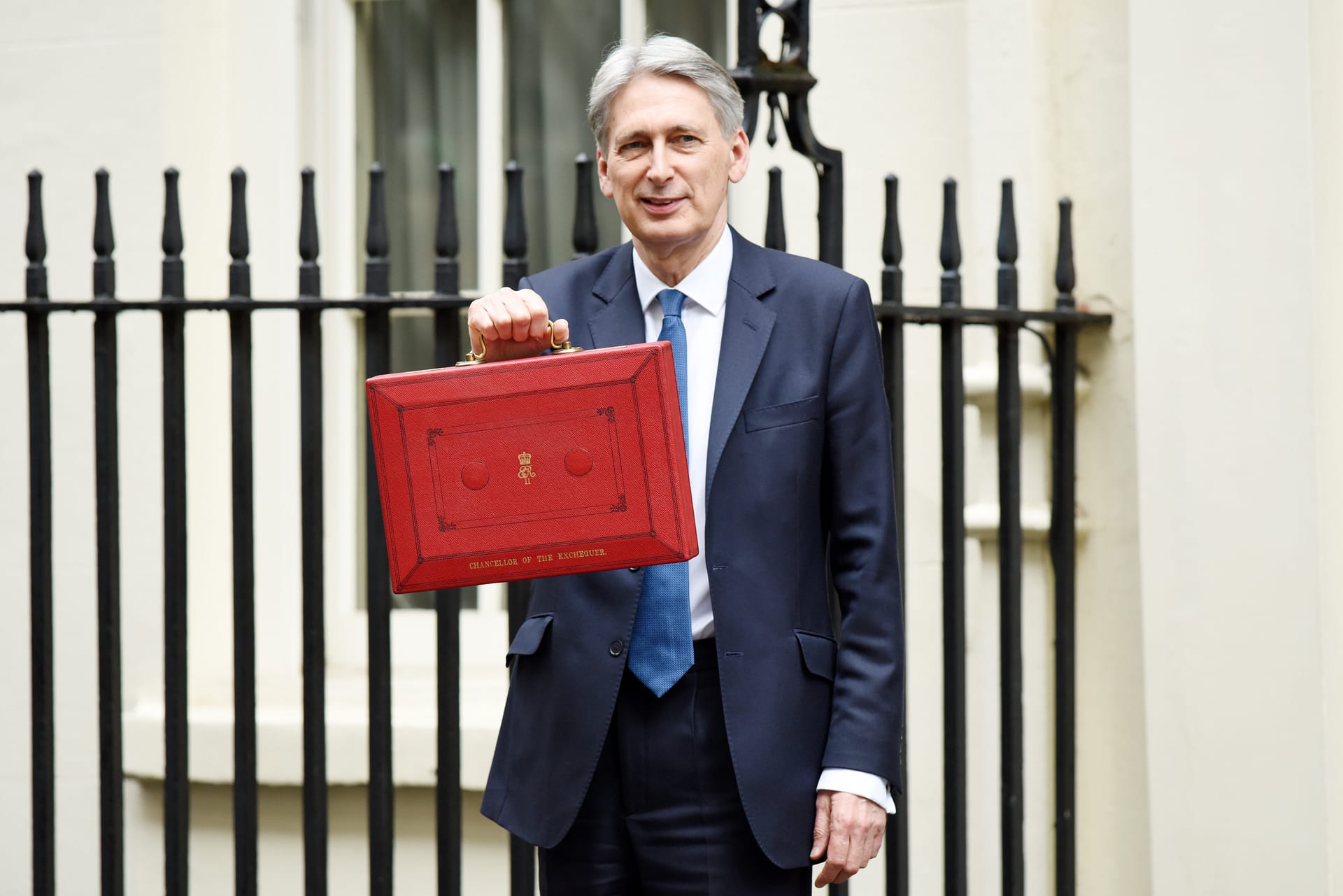Benjamin Hunt, motoring trade analyst at www.carwow.co.uk, explains what the future of car sales could look like during the next 15-years as the nation gears up for the switch of selling solely electric fleets.
What will the new rules mean for those considering a petrol/diesel purchase?
Considering that the average life of a car is currently around 13 years in the UK – and with multiple owners during this period – there is little chance that the ban being moved forward half a decade will directly impact buyers in the current climate.
Even though there has been a weakening in demand for both petrol and diesel models as interest and attention towards electric technology grows, the resale value of a car isn’t a particularly important considering for those shopping around for a new car.
One is unlikely to consider purchasing an EV or hybrid vehicle based purely on the government’s announcement alone, purely as the financial impact 15 years away from the rules coming into effect are still so insignificant.
Should UK motorists avoid buying traditional and hybrid cars now?
If looking to invest in a new vehicle, consumers shouldn’t necessarily ignore petrol, diesel or hybrid. The simple reality is that electric isn’t quite right for every motorists’ needs just yet and, despite the bad press given, traditional cars are showing increasing levels of efficiency.
Whether you are ready to switch to an EV will depend on such personal factors as the charging infrastructure available to you and the level of financial commitment you are willing to make. There is still a considerable cost difference between EV makes and their diesel/petrol counterparts e.g. a Peugeot 208 Active would cost £16,250 with its smallest petrol engine, and £28,550 in electric form (although purchasing the latter model would give you access to a government grant of up to £3,500).
Ultimately the decision on what to buy this far away from 2035 should still be based on availability, budget and circumstance (mileage, driving type, proximity to a charge zone like ULEZ, etc.). No fuel type should be ruled out when making the right decision for you and your family, as on balance, while consumer demand is naturally moving away from diesel and, to a lesser extent, petrol vehicles, in reality there is little for the immediate consumer to worry about.
Is the time right to invest in an electric vehicle?
When you look at the fact that more than 85% of car buyers in the UK make their purchase using a form of finance agreement, the financial risk of their car depreciating actually being taken on by an individual is very low.
A point may come soon where, fuelled by increasing consumer demand, the depreciation of plug-in hybrid EVs and EVs is lower than internal combustion engine (ICE) vehicles to the point that they become an easy choice for the consumer to make. Lower tax, free parking and lower CO2 emissions are all nice benefits, but when switching to an EV becomes a sound financial decision for the many, and not just an environmental one for the few, we predict there will mass adoption across the board






Leave a Comment